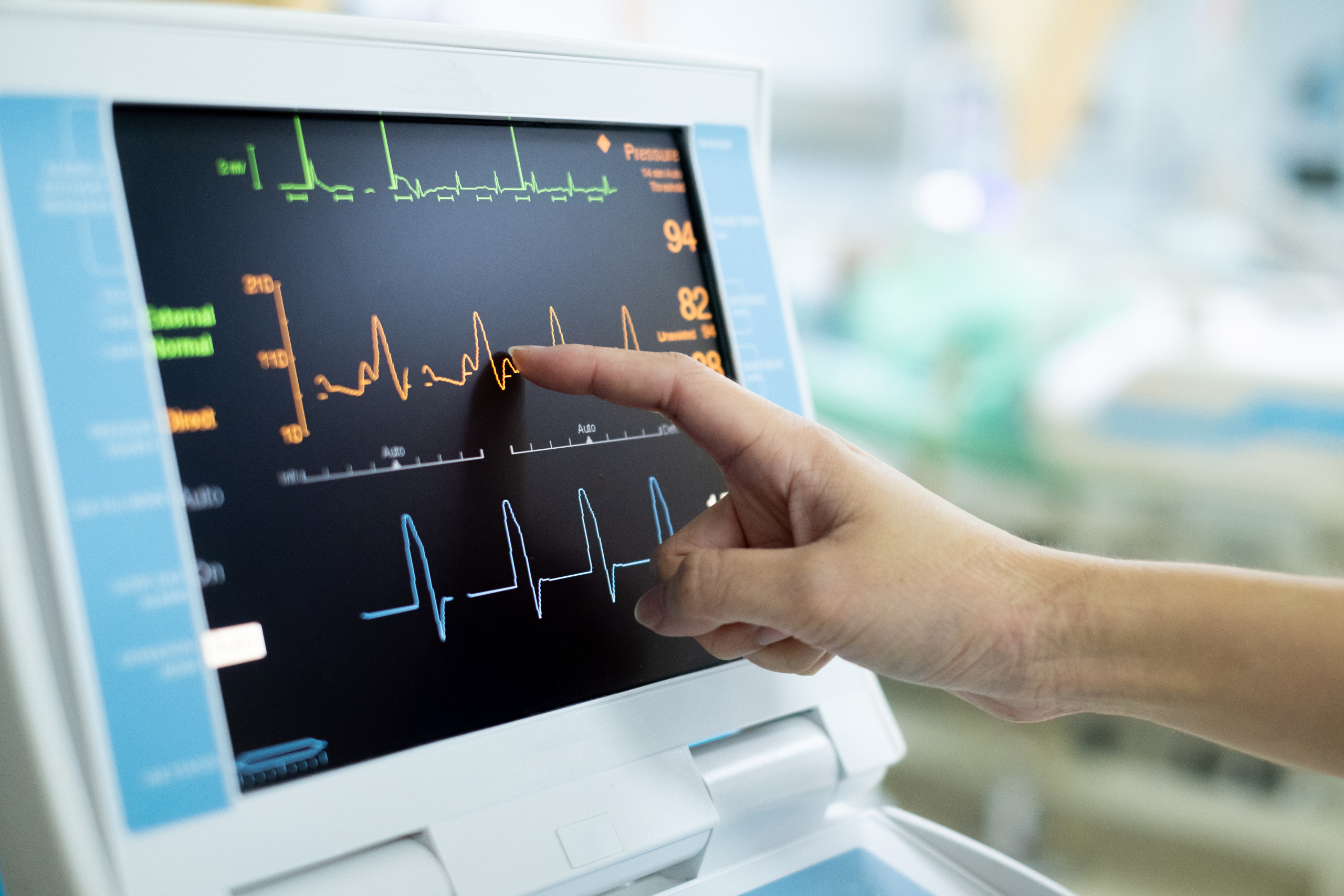Learn the essentials to ensure one of the most vital organs in the body, the heart, remains healthy.
It is only fitting that February is noted as American Heart Month and the Month of Love – the month symbolized by a heart, where Valentine’s Day is celebrated, and we take time to remember and emphasize the importance of love in our daily lives. It is essential that we ensure one of the most vital organs in the body, the heart, remains healthy.
American Heart Month was created to combat the number one killer of Americans – heart disease. According to the National Heart, Lung, and Blood Institute’s fact sheet, cardiovascular disease (CVD), or any condition affecting the heart, is responsible for one in three deaths every year. There are four main types of CVD:
- Coronary Heart Disease: This heart disease occurs when a build-up of fatty substances block the coronary arteries or the heart’s blood supply.
- Stroke: When the blood supply to the brain is disrupted, a stroke occurs.
- Peripheral Arterial Disease: This heart disease occurs when there is a blockage in the artier blood supply to the limbs, typically the legs.
- Aortic Disease: The aorta is the largest blood vessel in the body. Any disruption to it – commonly weakened or a break – is considered an aortic disease.
For the most part, CVDs are preventable with the right lifestyle choices. Below are some tips for keeping your heart healthy or improving your heart health.
Tips for Keeping a Healthy Heart
Show yourself love this month by incorporating these tips into your daily routine to strengthen your cardiac muscle.
1. Learn Your Family History.
You must know your family history when it comes to heart disease. It is proven that having close relatives with heart disease will increase your chance of being diagnosed with heart disease. Scheduling routine checkups and testing will help combat the risk or catch things early if a family history of heart disease is present.
2. Eat Healthily.
What you put in your body is directly reflected in the health of your heart. Ensuring your body intakes the proper nutrients is essential to support healthy cardiac function, while unhealthy options lead to build-up in the arteries and various heart health risks.
Today, a lot of issues are seen around portion control rather than what is actually being eaten. It is found everywhere – tips on what to eat and what not to eat, but rarely do we see how much of it is correct to eat. The American Heart Association has created resources on portion sizes and suggested servings of food based on the specific food group.
3. Eliminate Nicotine.
Nicotine is a highly addictive chemical. Many find it very hard to quit smoking, vaping, or using any form of tobacco. It is highly recommended to eliminate nicotine from daily life as it disrupts blood flow by narrowing blood vessels causing heart CVD.
Here are some tips from the American Heart Association to help stop smoking.
4. Incorporate Daily Physical Activity.
A common way many relieve stress, lower blood pressure, and manage weight is by committing to daily physical activity, which keeps the heart healthy. Whether walking or playing a quick game of tennis, any physical movement or cardio exercise is critical to having a healthy heart.
5. Know the Signs.
During a sudden heart health emergency, like a heart attack, every second counts. Here are the general signs of a heart attack everyone should know:
- Chest pain
- Lightheadedness
- Pain in the neck, jaw, and back
- Pain in arm and shoulder
- Shortness of breath
- Extreme tiredness and indigestion in women
Heart Health and Diabetes
Heart health and diabetes typically go hand in hand. According to the CDC, people with diabetes are more likely to be diagnosed with heart failure, the degenerative condition that disrupts the heart’s ability to pump blood. Those diagnosed with diabetes are at a higher risk for heart disease due to diabetes common factors:
- High blood pressure
- Increase in bad cholesterol
- A high number of triglycerides (fat in the bloodstream)
These conditions typically have no symptoms, and the only way to receive treatment or prevention is through routine checks or physician testing.
Cardiology Services 24/7
Discover 24/7 access to emergency cardiology services at Wylie ER. Our skilled physicians and advanced technology are available to treat any heart health issue, from chest pains to a stroke, anytime without the wait.
If you or a loved one is seeking emergency services and needs immediate medical attention, we provide the concierge-level care that the community deserves.
Disclaimer: As a service to our readers, Wylie ER and Nutex Health state no content on this site, regardless of date, should ever be used as a substitute for direct medical advice from your doctor or other qualified clinicians.





Comments are closed